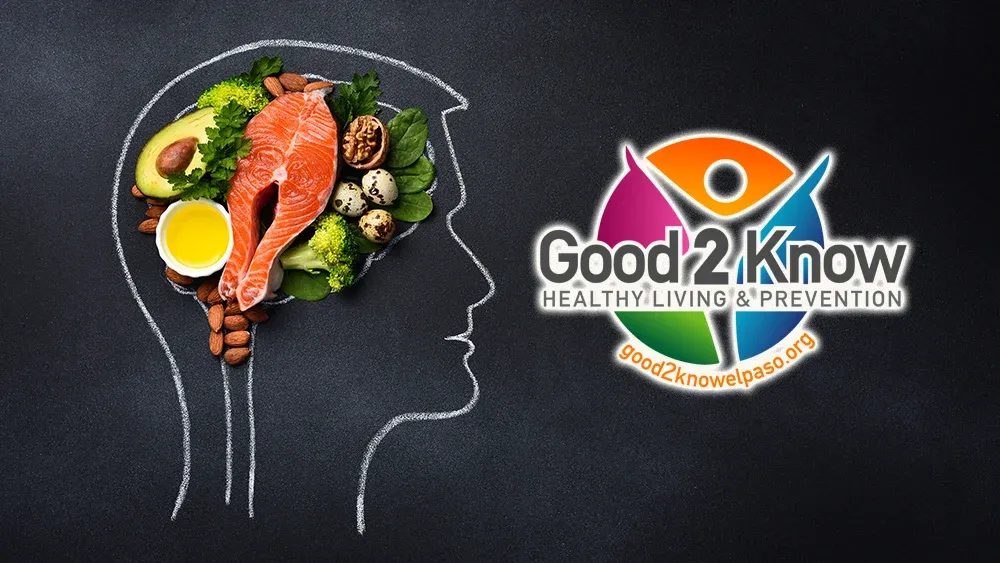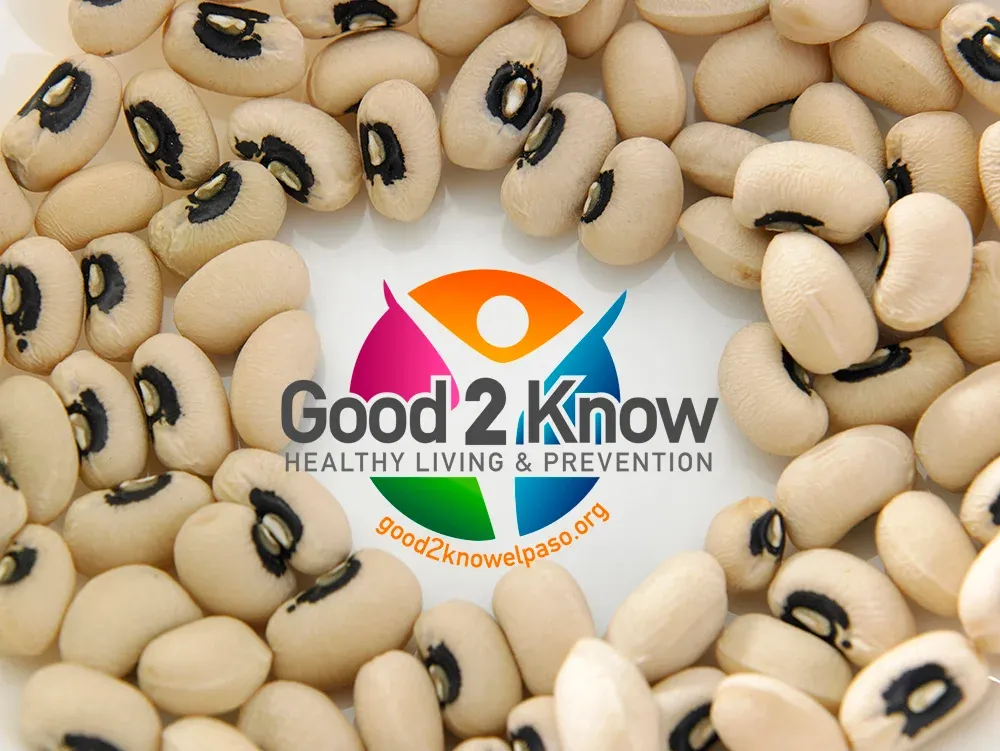Everyday foods could hold the key to unlocking your body’s natural cheerful chemicals.
If you are feeling low or mildly depressed, changing your diet can help to boost your mood. The key is in the nutrients you consume as they help release natural chemicals in your body. Serotonin regulates your mood and promotes sleep. Low serotonin is associated with depression, although it’s not known whether it causes depression or depression causes it. Dopamine manages motivation, attention and emotional reward. The satisfaction you feel when accomplishing a goal is partly due to a dopamine rush. Low dopamine is associated with loss of interest.
How to serve up a better mood:
• All vegetables and many fruits contain complex carbohydrates. These are important for stabilizing your mood, as they release sugar into your body slowly. Other sources of complex carbs include whole grain bread, brown rice, whole grain pasta, beans, pulses and oats. These foods avoid giving you the blood-sugar spikes and dips that can be caused by eating simple carbs such as sugar, white bread and white pasta.
• Eggs are packed with healthy fats, protein and all-important B vitamins. All of these contribute to healthy brain function and have been known to protect against depression. Including poached eggs in a dinner or scrambled eggs in your breakfast routine is an easy, quick way to boost the nutritional content of your meal.
• Studies suggest vitamin B deficiencies can result in a reduced production of feel-good chemicals and lead to tiredness. Other sources of B vitamins include whole grains, red meat, dairy, beans, bananas, green vegetables and beetroot. A diet low in folate (vitamin B9) may increase the chance of feeling depressed, particularly in older people. Folate is found in green vegetables, citrus fruits, liver, beans and fortified foods.
• Oily fish, including salmon, pilchards, sardines, trout and mackerel, contain long-chain Omega-3 fats, which are important for brain function and the communication of serotonin and dopamine. Seafood is also a source of zinc, which is involved in almost every aspect of brain function, and research suggests reduces anger and depression in young women (many of whom don’t consume enough zinc).
• Decreasing your intake of processed foods and increasing your intake of fruits and vegetables may help decrease inflammation and improve bipolar disorder symptoms. Your food choices may also give you a sense of control and help you cope with symptoms, which can make your overall treatment plan more effective.











